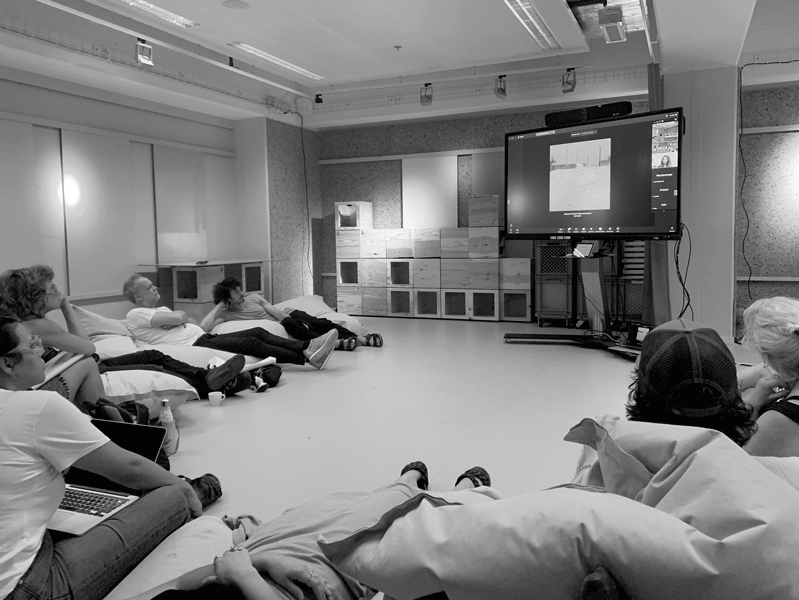Conspiracy theories are both subversive and normative. As belief systems they subvert reality by flattening complexity into overly-simplified maps to understand the present. As a descriptor they quell meaningful dissent by framing conspiracists as being unhinged. Within marginalized groups – such as racial minorities, women, and LGBTQ people – this duplicity is experienced first-hand. These groups are victimized through conspiracy theory as a device that validates and exploits their oppression through myth-making, and discredits this identification as conspiratorial.
For instance during the 1960s, the Black Panther movement was deemed “greatest threat to the internal security of the country” by FBI Director J. Edgar Hoover. In order to counteract this “threat” the FBI destabilized the movement as part of their COINTELPRO effort – a policy once considered a conspiracy theory before being confirmed by declassified documents – by publishing propaganda under the guise of Black Nationalist authors. A particularly disturbing example is the The Black Panther Coloring Book, a comic supposedly aimed at children – likely created by the FBI – which depicts racial violence perpetrated against whites by blacks that was mass-mailed across the US to create anti-Black Panther sentiment. While this conspiracy theory has more-or-less been accepted as fact, conspiracy theories’ liminal status between fact and fiction, mainstream and fringe, are exploited by individuals and governments to their own ends.
More recently, the mechanics of social media platforms have supercharged previously fringe theories towards dire ends, with far-right movements such as QAnon spreading worldwide and becoming influential political actors. Within these movements the power of graphic design can’t be ignored – conspiracy theories take known symbols and lore, and assign them new meanings to create media products.
This project engages with the complexity of conspiracy theories and their relationship to graphic design, by creating an archive of Frank Chu’s protest signs. Chu is a San Francisco-based conspiracy theorist who has sustained a serial sign-making and protest practice for over two decades. Chu is a complex character, an Asian-American UC Berkeley graduate who is known as fame seeking and utilizes his micro-celebrity for local brand endorsements. In many ways Chu’s practice represents an important precursor to our current information environment, and serves as a microcosm of some of its economic and aesthetic dynamics. This archive would preserve and make visible this lesser known body of work, and act as a starting point for research on conspiracy theories and their social and racial dimensions.


